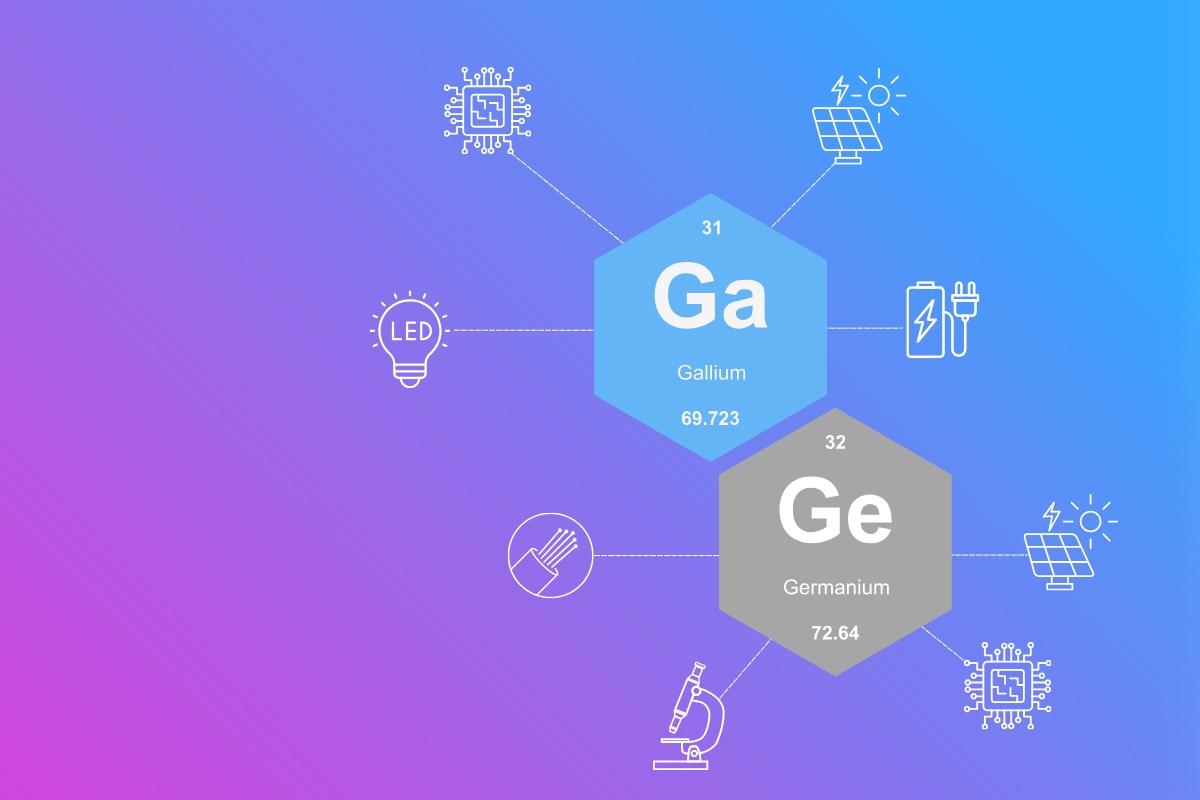Announcement follows a meeting in Korea between U.S. President Trump and China’s Xi Jinping.
China has temporarily lifted its export ban on several critical materials to the United States, including gallium, germanium, antimony, and so-called superhard materials. The suspension, which will last for about a year, aligns Beijing more closely with Washington’s position on easing trade restrictions on key minerals.
The White House announced on November 1 that, following bilateral negotiations, China would facilitate the export of certain critical minerals, including rare earth elements, gallium, and germanium, to U.S. end-users and their suppliers.
Previously, China had only referred to a one-year suspension of its latest globally applicable export measures, introduced in early October. These measures had targeted mainly the rare-earth value chain and were partially implemented immediately. Last Friday, China officially enacted the suspension (as previously reported).
However, earlier export controls appear to remain in effect, as Beijing has not yet issued any statements lifting them. These include restrictions introduced in April 2025 on specific rare-earth elements, as well as the global export curbs on gallium and germanium first imposed in the summer of 2023. China is the world’s leading producer of these and other critical raw materials. After the restrictions were introduced, exports temporarily dropped sharply, and in some cases, to zero. Notably, even before the official ban, virtually no gallium or germanium had been exported to the U.S.; the last shipment was recorded in June 2023, according to Chinese customs data.
The backdrop to Beijing’s measures is the ongoing trade conflict with the United States. The export restrictions were officially justified on national-security grounds, as materials like gallium, germanium, and rare earths are used not only in civilian industries but also in advanced military technologies.
Photo: rawmaterials.net via Canva

